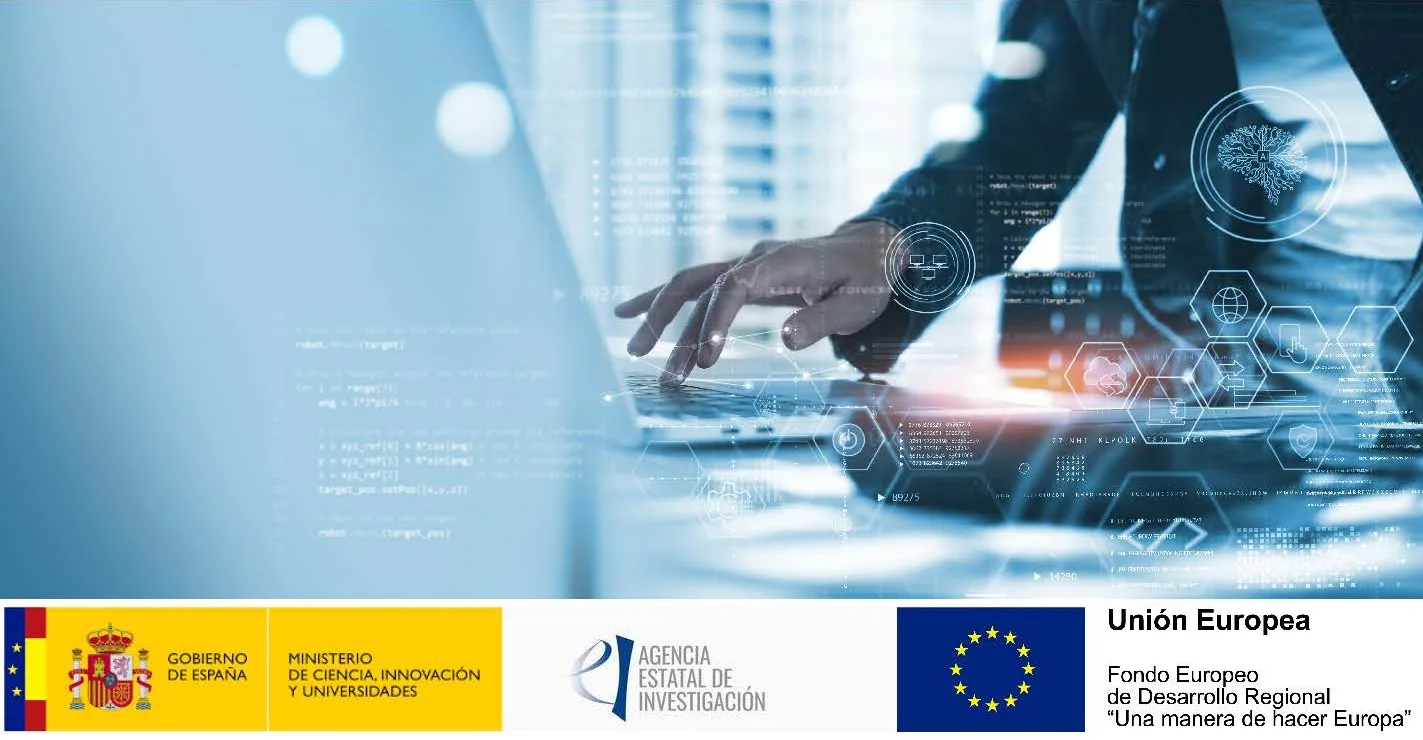
Spanish Ministry of Science and Innovation (MICINN) – Collaboration Challenges 2019
Goal Systems, as coordinator, and the Planning and Learning Group -PLG- from Universidad Carlos III de Madrid, as partner, were awarded a grant to finance the implementation of a project named “GoalPLAN: Intermodal strategic planning approached with AI techniques.”
This grant was awarded by the Ministry of Science and Innovation under the call for RDI Projects “Collaboration Challenges” of the State Program for RDI Focused on Social Challenges, within the framework of the State Plan for Scientific and Technical Research and Innovation 2017-2020.
Urban growth in terms of surface area and population is one of the most important global trends of the last century, to the extent of even speaking of megalopolises. This phenomenon’s speed has often prevented organic or well-planned urban development, resulting in long travel times, severe traffic congestion, limited capacity for vehicles, pollution, traffic accidents, etc.
However, the use of technology in passengers’ smartphones via apps, facilitating their relationship with different means of transport, the introduction of sensing devices, both in vehicles and their infrastructure, as well as their connectivity via IoT (Internet of Things), have enabled the existence of intelligent mobility (hereinafter Smart Mobility) within a more general framework known as Smart Cities.
This way, mobility data from telephone operators can be used to trace the population’s travel routes, to determine behavioural patterns and to build origin-destination diagrams that reliably model the demand for urban mobility.

GoalPLAN aims to develop a software that guarantees a strategic planning for multi-modal and urban public transport that is fully adapted to the mobility needs of Smart Cities, and it is capable of competing with the use of private transport. For this purpose, origin-destination diagrams will be generated from the mobility data collected from telephone operators using AI techniques. A new multi-modal optimization engine will also be developed. It will be able to synchronize the frequencies of different means of transport in order to minimize transfers and waiting times at crucial points in the network.

